What to Plant in Central Florida for Autumn
Autumn in Central Florida is a gardener’s dream. After the relentless summer heat, the arrival of cooler nights and milder days signals the start of one of the most productive growing seasons of the year. If you’re eager to fill your garden beds with fresh vegetables, vibrant flowers, and aromatic herbs, now is the perfect time to get started. This guide will walk you through what to plant, how to prepare your soil, and tips for ensuring a bountiful harvest in Central Florida’s unique climate.
Why Autumn is Prime Planting Season in Central Florida
Unlike much of the country, Central Florida’s autumn offers a second wind for gardeners. The oppressive humidity gives way to more comfortable conditions, while the soil remains warm enough to encourage rapid root development. Many crops that struggle in the summer heat thrive once temperatures drop, and pests become less of a problem.
Preparing Your Beds: The Foundation for Success
Before planting, take the time to rejuvenate your garden beds. Central Florida’s sandy soils benefit immensely from organic amendments, which improve water retention, boost fertility, and foster a healthy ecosystem for roots and beneficial microbes.
Steps to Prepare Your Soil
Clear Out Summer Debris – Remove spent plants, weeds, and any mulch that’s broken down.
Test Your Soil – Check pH and nutrient levels. Most vegetables prefer a pH between 6.0 and 7.0. Adjust with lime (to raise pH) or sulfur (to lower pH) as needed.
Add Organic Matter – Work in 2–4 inches of compost or well-rotted manure. This boosts nutrient content and helps sandy soils hold moisture.
Amend for Structure and Fertility – Mix in perlite for drainage, worm castings for a nutrient boost, and used coffee grounds to add organic matter and attract earthworms.
Aerate and Loosen – Till or fork the soil to a depth of 6–8 inches to break up compaction and encourage root growth.
Mulch – Apply a layer of mulch after planting to conserve moisture, suppress weeds, and regulate soil temperature.
What to Plant: Vegetables, Herbs, and Flowers for Autumn
Cool-Season Vegetables
Central Florida’s autumn is ideal for a wide array of cool-season crops. Many of these can be direct-sown, while others benefit from starting as transplants.

Timing Tips
- September: Start broccoli, cabbage, and cauliflower in flats. Direct sow lettuce, spinach, peas, and root crops.
- October: Transplant brassicas into the garden. Direct sow carrots, beets, radishes, and greens.
Warm-Season Holdovers
Some warm-season crops can still be planted in early autumn, especially if you catch the tail end of the warm weather.
- Bush Beans
- Cucumbers
- Summer Squash
- Eggplant
- Peppers
- Tomatoes (transplants only)
Root Vegetables
Autumn is prime time for root crops. Carrots, beets, radishes, and turnips all develop sweeter, more flavorful roots in cooler weather.
Strawberries
Strawberries are a Central Florida favorite. Plant them from mid-September to early November for a winter and spring harvest. Choose varieties like ‘Florida Brilliance’, ‘Sweet Sensation’, or ‘Strawberry Festival’. Use raised beds or mounds for drainage, and keep the soil consistently moist.
Potatoes
Fall potatoes can be rewarding. Plant in September or early October. Choose quick-maturing varieties like ‘Red Pontiac’ or ‘Yukon Gold’. Plant seed potatoes 4 inches deep and hill soil around growing plants to protect developing tubers.
Autumn Herbs for Central Florida
Herbs thrive in autumn’s milder weather. Many can be grown alongside vegetables or in dedicated herb beds.
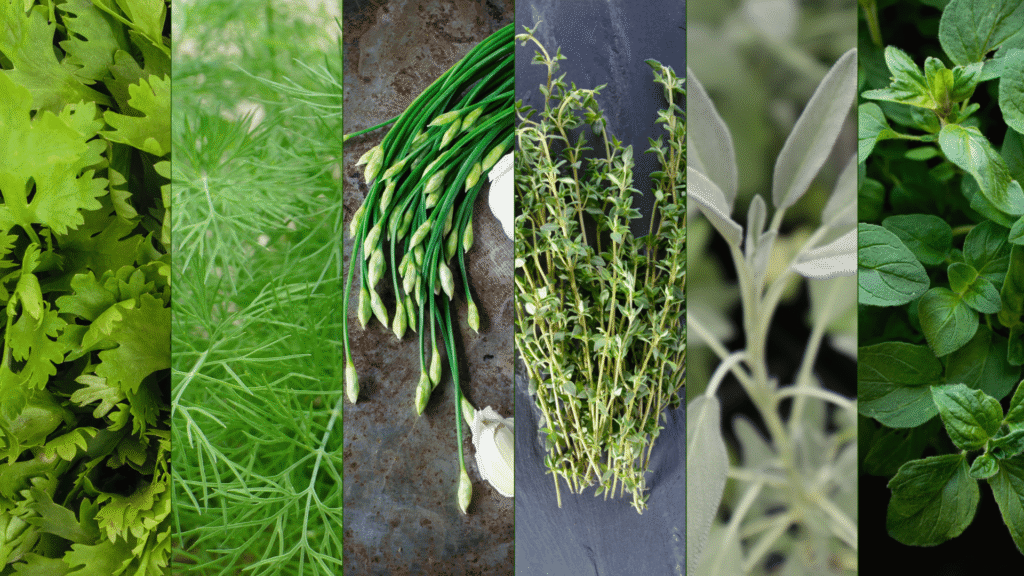
What to Plant in Autumn
- Cilantro: Prefers cool weather, bolts in heat.
- Parsley: Hardy and versatile, great for culinary use.
- Dill: Fast-growing, attracts beneficial insects.
- Chives: Perennial, mild onion flavor.
- Thyme: Low-growing, drought-tolerant.
- Oregano: Spreads easily, great for borders.
- Sage: Woody, aromatic, and drought-tolerant.
Autumn Flowers and Ornamentals
Add color and pollinator appeal to your garden with autumn-blooming flowers:
- Marigolds: Pest-repellent, bright blooms, easy to grow.
- Pansies and Violas: Thrive in cool weather, offer a range of colors.
- Snapdragons: Tall spikes, attract pollinators.
- Petunias: Low-maintenance, bloom through fall and winter.
- Salvias: Drought-resistant, attract bees and hummingbirds.
- Chrysanthemums: Classic fall flower, long-lasting blooms.
Native Plants and Perennials
Consider incorporating native species and perennials for a resilient, low-maintenance garden that supports local wildlife:

- Citrus Trees: Plant in fall for strong root establishment.
- Azaleas, Rhododendrons, Magnolias: Add year-round beauty and thrive in Central Florida’s climate.
- Salvia, African Daisy, Lavender: Perennials that provide color and attract pollinators.
Soil Amendments: What to Use and Why
Central Florida’s sandy soils need regular amendments to support robust autumn crops. Here’s how each common amendment helps:
- Compost: Increases organic matter, improves water retention, and adds nutrients.
- Perlite: Enhances drainage, prevents compaction, especially in raised beds.
- Worm Castings: Rich in minerals and beneficial microbes; a little goes a long way.
- Coffee Grounds: Add nitrogen, improve drainage, and attract earthworms. Use sparingly and mix into the soil.
- Bone Meal: Supplies phosphorus, essential for root development.
- Blood Meal: High in nitrogen, boosts leafy growth.
- Manure: Well-rotted manure adds nutrients and organic matter. Avoid using fresh manure, which can burn plants.
- Mulch: Retains moisture, suppresses weeds, and moderates soil temperature.
Soil Testing and pH Management
Central Florida soils are often acidic and sandy. A soil test is the best way to determine your baseline and guide your amendments. Most vegetables prefer a slightly acidic to neutral pH (6.0–7.0). If your soil is too acidic, add lime; if too alkaline, add sulfur.
Planting Techniques for Autumn Success
- Raised Beds: Improve drainage and make it easier to amend soil.
- Succession Planting: Sow small amounts every 2–3 weeks for a continuous harvest of greens and root crops.
- Crop Rotation: Reduces pest and disease buildup.
- Companion Planting: Pair crops like lettuce and spinach with strawberries, or marigolds with vegetables to deter pests.
- Direct Sowing vs. Transplants: Root crops and greens do best direct-sown, while brassicas and tomatoes benefit from transplanting.
Watering and Fertilizing
- Consistent Moisture: Keep soil evenly moist, especially for seeds and young transplants. Use drip irrigation or soaker hoses to minimize fungal diseases.
- Fertilizing: Use a balanced, slow-release organic fertilizer at planting. Beans and peas fix their own nitrogen, so use a low-nitrogen fertilizer for these.
- Mulch: Maintain a 2–3 inch layer of mulch to conserve moisture and suppress weeds.
Pest and Disease Management
Autumn brings fewer pests, but vigilance is still needed:
- Monitor for Aphids, Caterpillars, and Slugs: Inspect plants regularly and remove pests by hand or use organic controls.
- Encourage Beneficial Insects: Plant flowers like marigolds and dill to attract ladybugs and lacewings.
- Crop Rotation and Clean-Up: Remove plant debris and rotate crops to disrupt pest and disease cycles.
Sample Planting Calendar for Central Florida Autumn
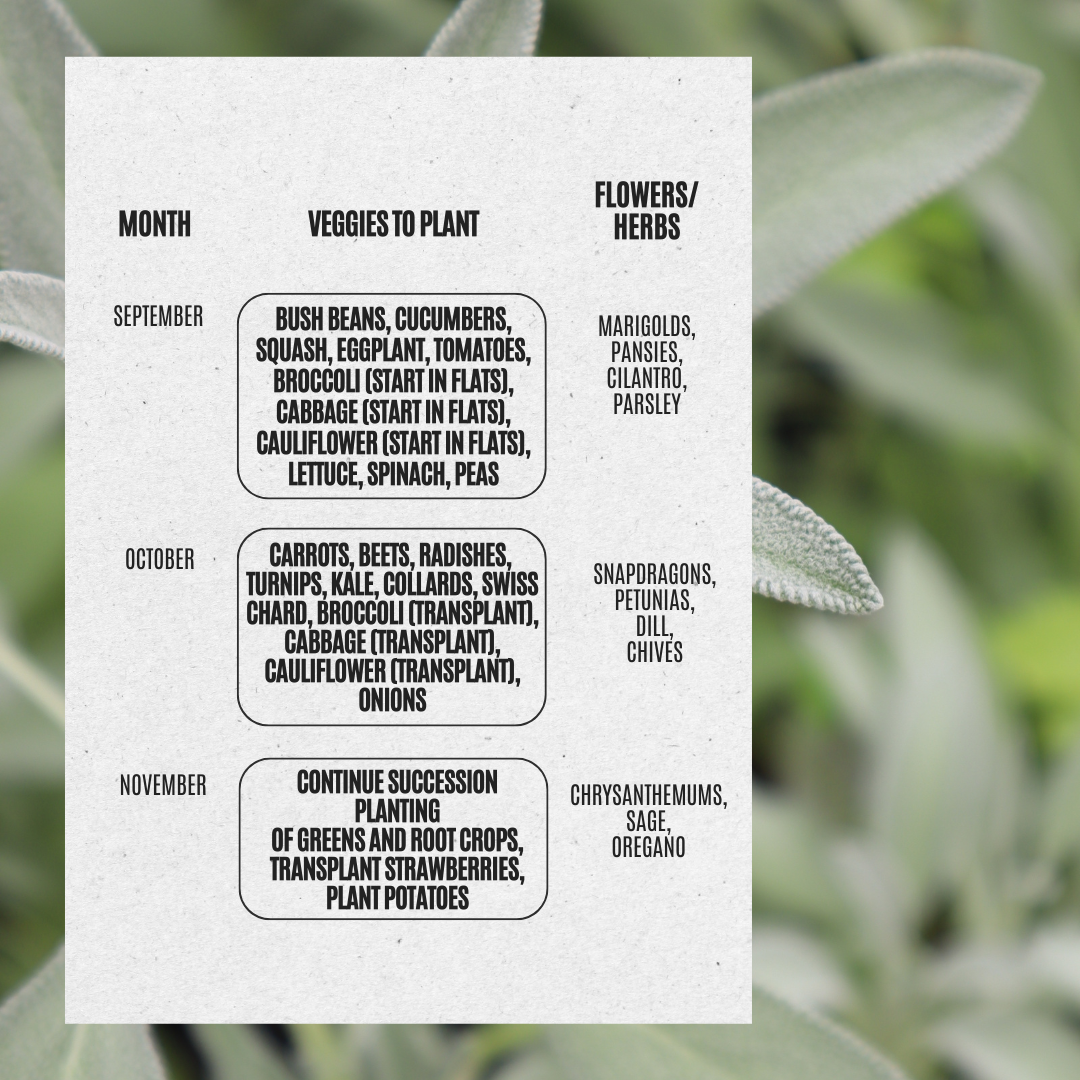
What to Plant in Central Florida for Autumn
Final Tips for a Thriving Autumn Garden
- Start with healthy soil: Invest time in soil prep for the best results.
- Choose the right varieties: Select crops and cultivars suited to Central Florida’s climate.
- Stagger plantings: For a continuous harvest, plant in intervals.
- Mix it up: Incorporate flowers and herbs for beauty, pest control, and pollinator support.
- Keep records: Track what you plant, when, and how it performs to refine your approach year after year.
Autumn in Central Florida is a season of abundance. With thoughtful preparation and the right plant choices, your garden beds will reward you with fresh produce, stunning flowers, and lush herbs through the cooler months. So grab your compost, perlite, worm castings, and coffee grounds—get your hands in the soil, and let’s grow!
Read this for more garden goodies.
________________________________________________________________
All items mentioned can be easily purchased by clicking on the orange links sprinkled throughout the post.
Please Share and Subscribe. It Really Helps. Thanks A Million!




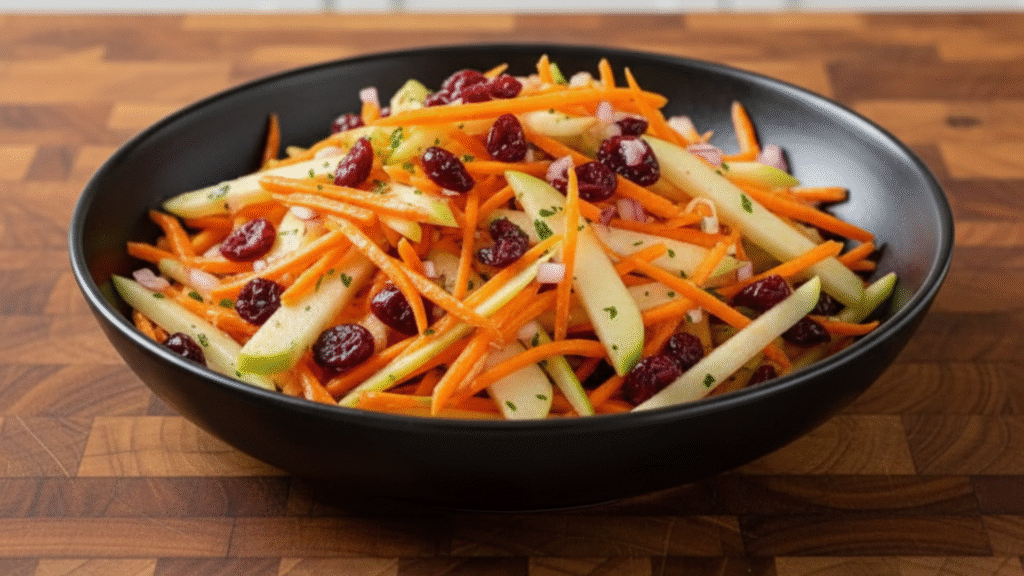
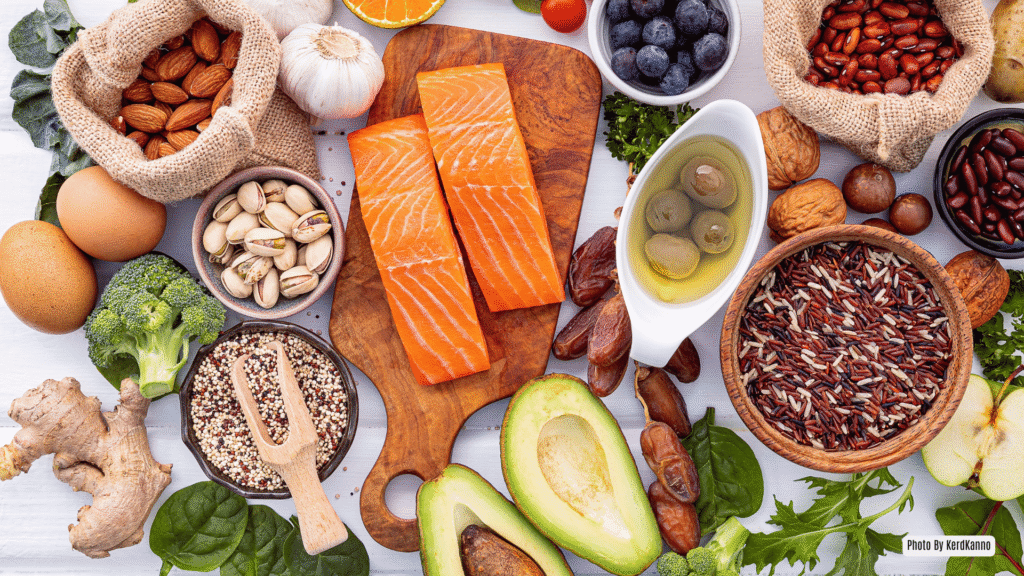
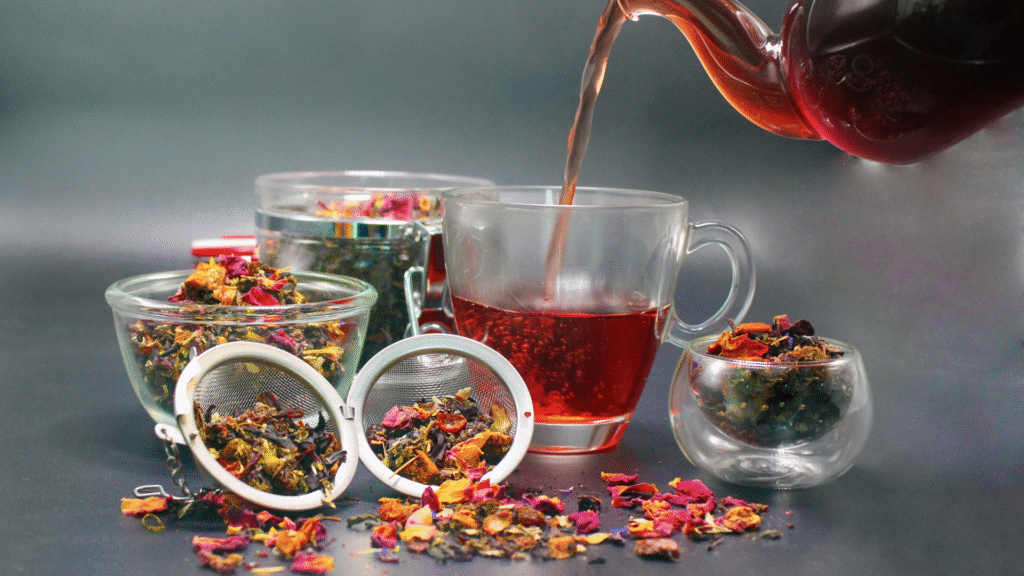
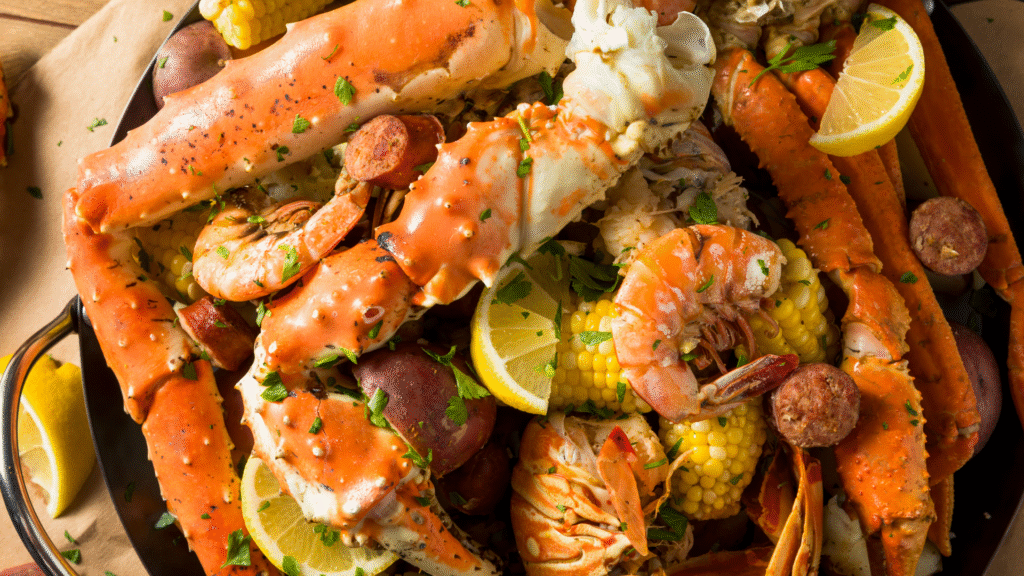





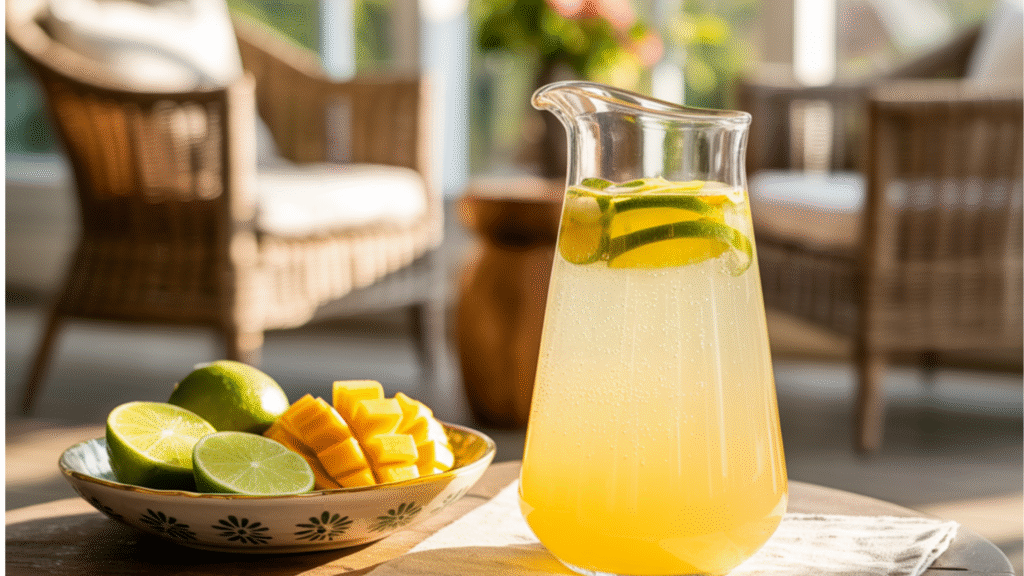

0 Comments